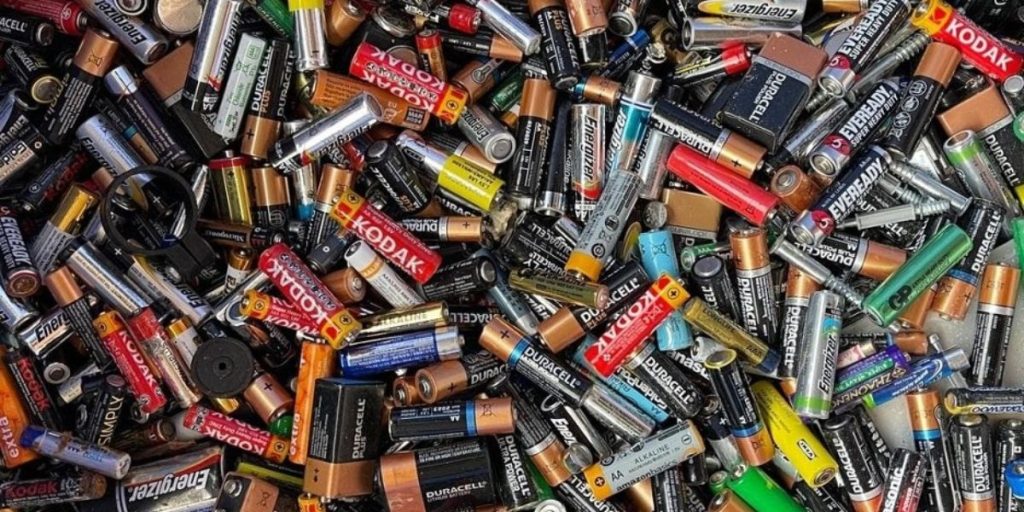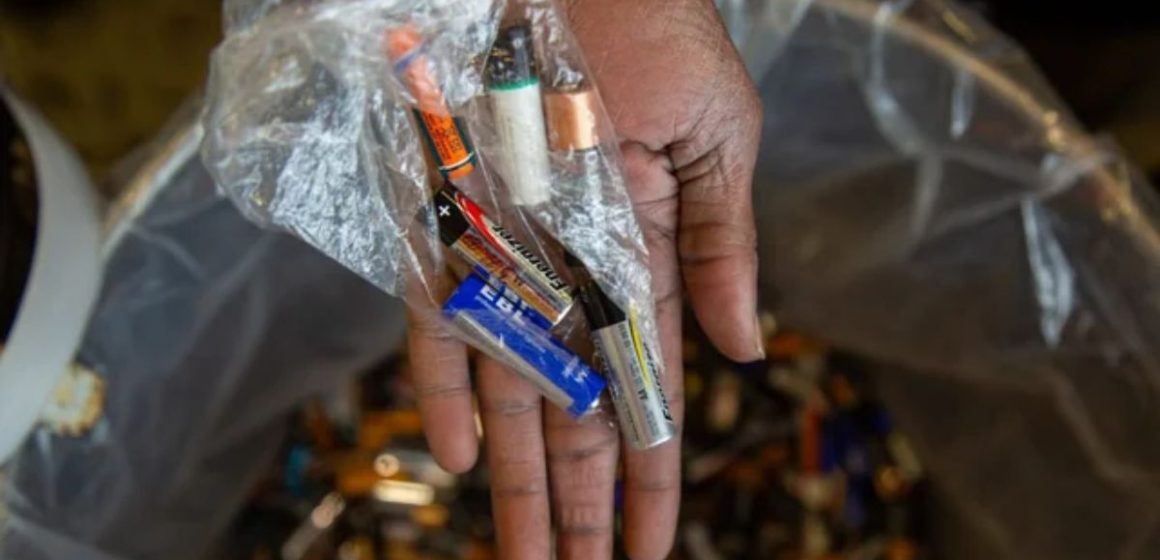Batteries are found in almost every household device and vehicle, from flashlights and remote controls to cars and power tools. While they’re incredibly useful, disposing of batteries improperly can pose significant environmental and health risks.
Michigan’s battery disposal laws aim to minimize these risks by establishing clear regulations on how residents should safely and responsibly dispose of batteries.
In this article, we’ll walk you through everything you need to know about Michigan’s battery disposal laws and how you can comply with them to protect the environment and public health.
Why Does Michigan Have Strict Battery Disposal Laws?
Batteries contain chemicals and materials that can be hazardous to the environment and human health if not properly disposed of. Many household and industrial batteries contain substances such as lead, cadmium, mercury, and lithium.
These materials, if released into the environment, can contaminate soil, water, and air, potentially causing long-term health problems, such as neurological disorders, cancer, and reproductive issues.
Michigan’s strict battery disposal laws are in place to ensure that residents follow proper disposal procedures, recycle materials, and prevent dangerous chemicals from leaching into the environment. By adhering to these regulations, residents can help reduce the environmental impact and ensure compliance with federal and state safety guidelines.
Types of Batteries Covered Under Michigan’s Disposal Laws
Before understanding how to dispose of batteries in Michigan, it’s crucial to recognize the different types of batteries regulated by the disposal laws. Here are the most common types:
1. Household Batteries
- Alkaline Batteries: Commonly used in flashlights, remote controls, and clocks.
- Rechargeable Batteries: Often found in devices like laptops, cameras, and smartphones.
- Button Cell Batteries: Typically used in small electronics like watches, hearing aids, and remote controls.
2. Automotive Batteries
- Lead-acid batteries used in cars, motorcycles, and trucks.
- These batteries contain hazardous lead and sulfuric acid, which can be dangerous if mishandled.
3. Lithium-ion Batteries
- Found in smartphones, laptops, power tools, and cordless electronics.
- Lithium-ion batteries are highly flammable and require specialized disposal procedures.
4. Button Cell Batteries
- Often present in remote controls, hearing aids, and smaller consumer electronics.
- Contain small quantities of hazardous chemicals, but their disposal still requires caution.
Key Michigan Battery Disposal Laws
1. Proper Recycling and Disposal Requirements
Michigan residents are encouraged to recycle and dispose of batteries according to state and local regulations. Disposing of batteries in landfills or simply throwing them in the trash is prohibited. Instead, residents must use designated recycling or disposal centers.

2. Retailer Take-Back Programs
Many stores that sell batteries in Michigan offer battery take-back programs. Under these initiatives, consumers can drop off old batteries for recycling at no additional cost. Stores, especially electronics and automotive retailers, play a crucial role in ensuring that batteries are properly disposed of and recycled.
3. Lead-Acid Battery Regulations
Michigan has specific guidelines for the disposal of lead-acid batteries, which are typically found in vehicles. These batteries pose significant environmental hazards due to their high levels of lead and sulfuric acid.
- Consumers must return used lead-acid batteries to auto parts retailers, recycling centers, or designated collection points.
- Retailers are legally obligated to accept these batteries when consumers purchase a new one.
4. Recycling Centers and Hazardous Waste Facilities
For rechargeable batteries, button cells, and lithium-ion batteries, residents should contact local hazardous waste facilities or battery recycling centers.
- These centers follow proper disposal protocols to ensure that hazardous materials do not leak into the environment.
- Facilities handle battery recycling by separating valuable components (plastic, metal, and hazardous substances) for reuse in manufacturing new products.
5. Consumer Education Requirements
Michigan law requires clear labeling and disposal instructions on battery packaging.
- This ensures that consumers know how to handle and dispose of batteries safely.
- Battery manufacturers and retailers must include disposal warnings and environmental impact information on product packaging.
How to Safely Dispose of Batteries in Michigan
1. Visit Recycling Centers
Residents should visit local recycling centers or facilities that handle hazardous waste to properly dispose of batteries. Many recycling centers accept all battery types and follow the strict protocols necessary to prevent environmental contamination.
2. Retail Take-Back Locations
Take advantage of battery take-back programs at nearby electronics stores, automotive shops, and hardware stores. These stores often have collection bins for old batteries and will ensure proper recycling.
3. Household Hazardous Waste Events
Many cities and municipalities in Michigan host household hazardous waste disposal events. These events typically occur once or twice a year and offer free collection services for hazardous materials, including batteries. Check your local government website or contact city offices to find event details.
4. DIY Precautions at Home
If you have small amounts of batteries at home, it’s essential to take a few precautions:
- Tape the Terminals: Use electrical tape on battery terminals to prevent any short-circuiting.
- Store Batteries Properly: Place old batteries in a container and store them in a cool, dry place until disposal.
- Avoid Mixing Different Battery Types: Group similar battery types to ensure proper disposal and recycling.
The Environmental Impact of Improper Battery Disposal
Improper disposal of batteries contributes significantly to environmental pollution, soil contamination, and water pollution. When chemicals like lead, mercury, sulfuric acid, and cadmium leak into the environment, they can infiltrate the water supply and soil, endangering plants, animals, and human health.
By following Michigan’s disposal regulations, residents contribute to reducing harmful environmental impacts and support initiatives that aim to recycle valuable materials. Responsible disposal practices also promote sustainable practices in battery recycling, helping to manufacture new products with recycled materials.
Final Words
By following Michigan’s battery disposal rules, residents may help safeguard the environment and public health, minimize soil and water contamination, and promote sustainable recycling methods. Proper disposal prevents dangerous items from leaking, supporting environmentally friendly activities and material reuse.



Leave a Reply